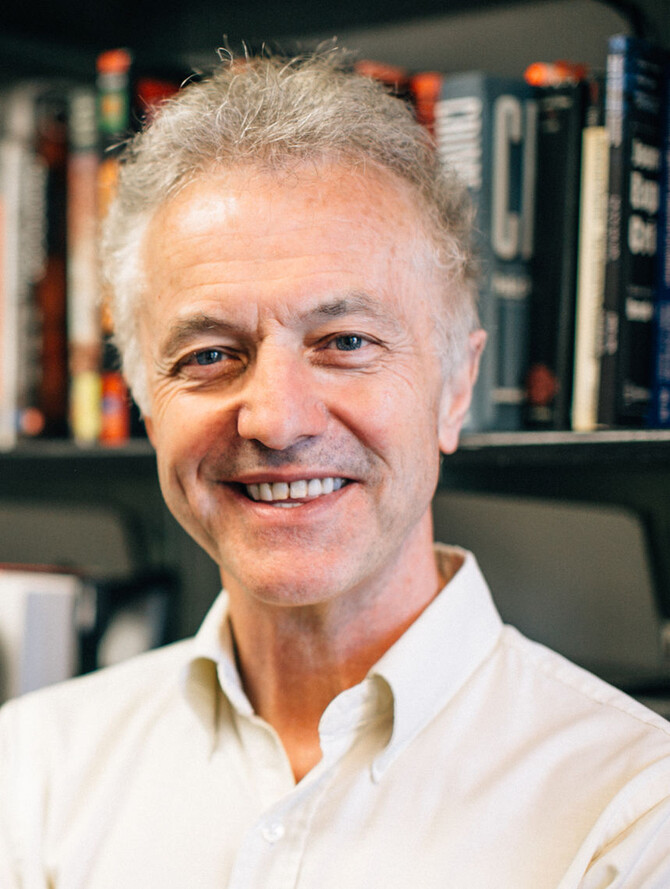Drowsy teens more likely to commit crime later in life, reports Penn criminologist
Teenagers who reported feeling tired in the middle of the afternoon are 4.5 times more likely to commit serious crimes like robbery, burglary, and assault 14 years later, according to new research published in the Journal of Child Psychology and Psychiatry by Penn Integrates Knowledge Professor Adrian Raine, the Richard Perry University Professor of Criminology, Psychiatry, and Psychology.
“The simple finding is that kids who are drowsy during the day are more anti-social,” he says. “What’s more interesting, however, is if we follow these kids for nine years, we find that sleepy teenagers are more likely to have a criminal record.”
This conclusion was nearly four decades in the making, the result of a question Raine asked during his dissertation work under Peter Venables, an emeritus psychology professor at the University of York and co-author of the recent paper.
Raine asked 101 15-year-old schoolboys in northern England to answer, on a seven-point scale—with 1 being “unusually alert” and 7 being “sleepy”—how drowsy do you feel? He then measured their brain waves and sweat-rate response to tones played over headphones to get an attentiveness level of each subject.
Next, he collected data about behavior patterns from the teenagers and adults close to them.
“I asked them in questionnaire form, ‘Are you anti-social?’ ‘Do you get up to bad stuff?’” he says. “In addition, I also asked their teachers, ‘Which kids are badly behaved in the classroom?’ We combined the teacher measure with the child measure to get an overall measure of anti-social behavior.”
As a final step, Raine searched a criminal records database in London for those of the original 101 schoolboys who had been convicted of a violent crime or property offense by age 29. To account for other factors that might have played a role, Raine also incorporated the socioeconomic status of the study participants into the analysis.
“Is it the case that low social class and early social adversity results in daytime drowsiness, which results in inattention or brain dysfunction, which results 14 years later in crime? The answer is yes,’” he says. “Think of a flow diagram from A to B to C to D. Think of a chain. There is a significant link.”
Raine is careful to note the study’s biggest limitation: Its size. He has another in the works asking 1,795 children the same questions—and at first glance, it is drawing the same conclusions—but his data is not yet final.
He also points out an important caveat of the just-published work.
“Many kids who have sleep problems do not become criminals. We want to be very careful about that,” he says. That being said, “one way we could help children with behavioral problems is trying to ensure they get a little more sleep at night.”








